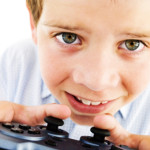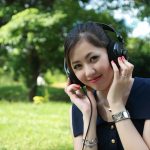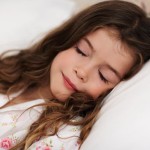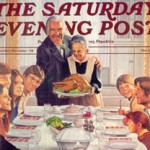 For the average person catching some Z’s may not be such a big deal. But according to major institutions like the National Sleep Foundation, the National Highway Traffic Safety Administration, and the US Surgeon General’s Office a dramatic picture emerges:
For the average person catching some Z’s may not be such a big deal. But according to major institutions like the National Sleep Foundation, the National Highway Traffic Safety Administration, and the US Surgeon General’s Office a dramatic picture emerges:
- Thirty percent or more of the general population suffers from insomnia.
- Out of a family of 3 people, at least one will suffer from a sleep issue like insomnia during their lifetime.
- More than half of Americans have enough stress and/or anxiety to lose quality sleep.
- The at risk population for insomnia are those over the age of 60. Within this group 40% and 60% of people suffer from insomnia.
- Women are up to twice as likely to suffer from lack of sleep than men.
- Approximately 35% of insomnia sufferers have a family history of the condition.
- 90% of people who suffer from depression also experience insomnia.
- Approximately 10 million people in the U.S. use prescription sleep medications.
- People who suffer from sleep deprivation are 27% more likely to become overweight or obese. There is also a link between weight gain and sleep apnea.
- A National Sleep Foundation Poll shows that 60% of people have driven while feeling sleepy (and 37% admit to having fallen asleep at the wheel) in the past year.
- A recent Consumer Reports survey showed the top reason couples gave for avoiding sex was “too tired or need sleep.”
While on the topic of sleep issues, sleeping pills usually come up as a quick fix solution. Most prescription or over-the-counter pills in general are known to produce side effects and can trigger other problems:
- Side effects can be severe and include prolonged drowsiness the next day, confusion, forgetfulness and dry mouth.
- Drug tolerance. You may have to take more and more of the sleep aid for it to work, which in turn can lead to more side effects.
- Drug dependence. You may come to rely on sleeping pills to sleep, and will be unable to sleep or have even worse sleep without them.
- Withdrawal symptoms. If you stop the medication abruptly, you may have withdrawal symptoms, such as nausea, sweating and shaking.
- Drug interactions. Sleeping pills can interact with other medications. This can worsen side effects and be dangerous, especially with prescription painkillers and other sedatives.
- Rebound insomnia. If you need to stop taking sleeping pills, sometimes the insomnia can become even worse than before.
- Masking an underlying problem. There may be an underlying medical or mental disorder, or even a sleep disorder, causing your insomnia that can’t be treated with sleeping pills.
 Sound Healing and Binaural Beats
Sound Healing and Binaural Beats
“Nonpharmacologic” or shall we say non-medicine based solutions for enhancing sleep come in many different forms. There are herbal teas that have helped many people get into a sleepy state, while sound generators are marketed as an easy way to get soothed before nodding off.
Having interacted with hundreds of customers seeking non-medicine based solutions for better sleep, we can say with confidence that Hemi-Sync Sleep CDs and downloads have provided affordable and effective options to helping listeners experience better rest.





One response to “What Sleep Statistics Say”
Natural sleep aids seem to conjure up images of tea and massage, but what people who suffer from sleep really forget is that our beloved sleepless citizens have lost the art of winding down – they don’t monitor their sleep environments for the subtle things like the following:
When going to bed does the individual place their heads near electric outlets or distribution panels (look out for EMF pollution)?
Is their too much ambient light streaming therough the bedroom?
Is someone watching TV nearby?
Simple things like that mean a lot to a sensitive sleeper.